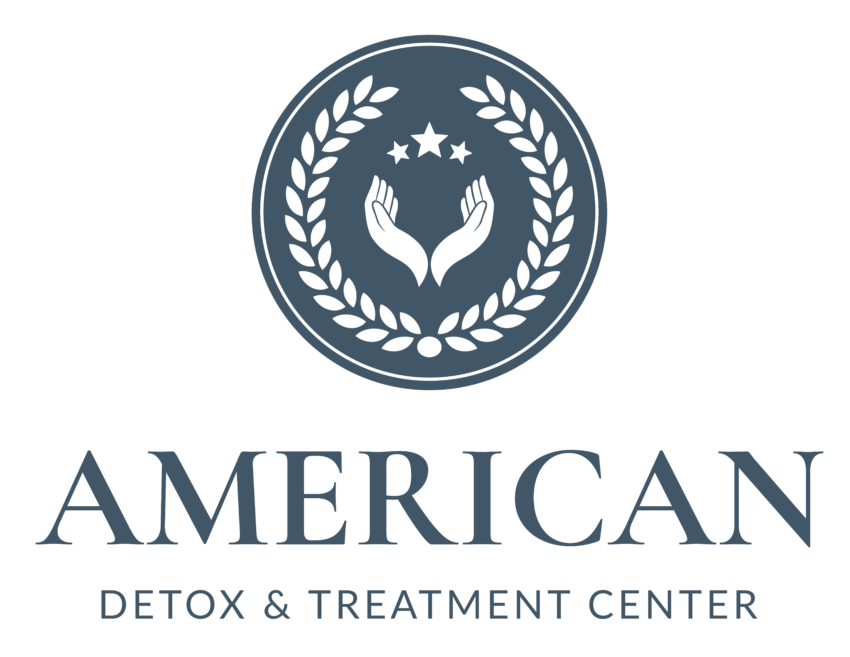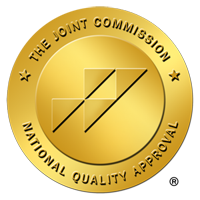Addiction is a lifelong, chronic condition, and with that, it can be difficult to know what the first step is, that initial decision or action that someone has to take in their recovery from addiction. What is the first step in recovery? How long does it take? Will it hurt?
These are all questions that individuals ask for themselves and for loved ones.
What is the First Step in Recovery?
The first step in recovery is whichever step you are able to take first. For example:
- For some people, the first step in recovery is admitting that they have a problem and they need help
- For others, that first step involves asking for help from a family member or a treatment center
- For many others, the first step in recovery is the actual detox process at a qualified treatment center
Addiction is a chronic condition, and it is a qualifying mental health disorder, which means it can be difficult for individuals to recognize that they have an addiction, let alone admit that they need help. Those who are at any stage in early addiction benefit from ongoing support from friends and family that steer them toward getting the help they need, taking that first step by admitting there is a problem and asking for help from a treatment center.
After that, the real work begins with detox and residential or outpatient care.
For most people the first step in recovery, as mentioned, is the detox process. This refers to that first step that’s required once you start a treatment program.
What is Detox?
Detox is the process whereby your body flushes all of the remaining compounds and toxins. With regular drug use, each compound leaves behind residual toxins, and the more frequently you use drugs or alcohol, the more frequently these compounds build.
The higher the compounds, the worse your withdrawal symptoms will be.
With a proper treatment center, you can take your first step in recovery under complete supervision with over-the-counter and FDA-approved medications, depending on the substances to which you were addicted. Getting help from a qualified facility means you have the opportunity to put yourself in a safe space, trusting that the medical professionals will monitor your vitals and keep you as safe and comfortable as possible.
What Happens After Detox?
After you complete a detox program, you’ll take the next step in your recovery by participating in an inpatient program where you get to learn about personal triggers, individualized coping mechanisms, stress management, and overcoming trauma.
With participation in things like discharge planning and aftercare prep, you’ll know what to expect when you return to your regular life and how you can apply the things you’ve learned during treatment to keep yourself on track for recovery.
What is the First Step in Recovery with American Detox and Treatment?
With our detox center, you can start your first step in recovery with supportive staff. Our facility provides detox and residential inpatient treatment for addiction.
We began offering addiction treatment specifically for military veterans, but today, we have opened up our services to the community at large. That said, we still offer separate treatment pathways for military veterans and First Responders so anyone who needs help can get it.
Our detox facilities are set up in a more hospital-like setting with private rooms for men with flat screen televisions and private or shared rooms for women. The detox process is 7 days after which you’ll transition into the 30-day inpatient program.
Once detox is over, the rest of your care takes place under supervision from four full-time therapists and a psychiatric nurse practitioner. We keep our staff-to-patient ratio small with slightly different focuses for the first responder or military veteran treatment tracks, tailored to individual needs.
We offer a supportive environment that nurtures healing with over 40 hours per week of things like individual and group counseling, next step preparation so you know what to expect after you leave our center, and discharge planning so that you can be prepared for what happens in the next phase of your recovery.
Don’t wait to get help. Contact our treatment center today to see how we can create a plan that meets your goals.



